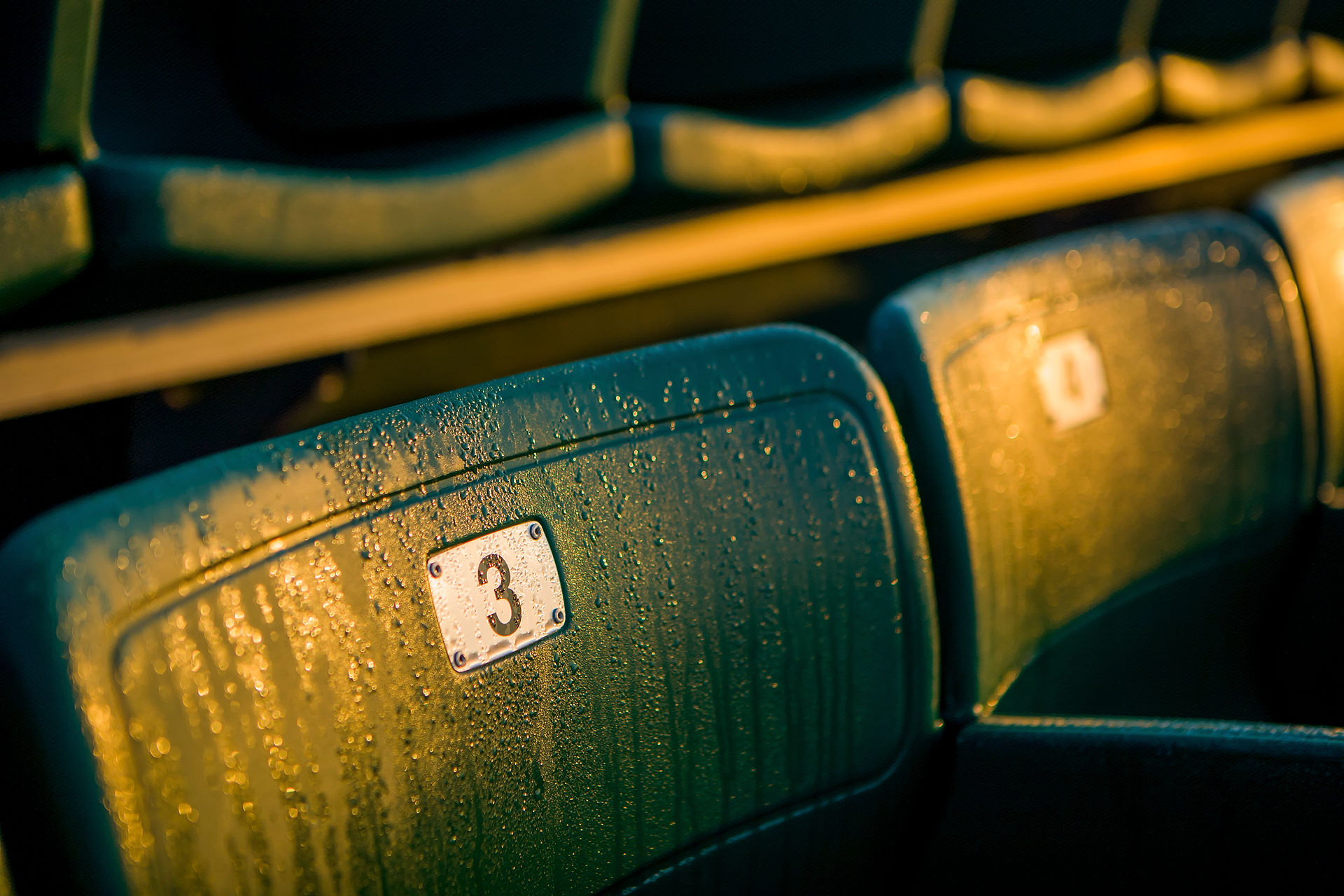Adie Wagner
- Purple Bizon Sports

- Jul 14, 2024
- 7 min read
Updated: Jul 16, 2024

Over several messages, spanning the last few weeks, miss Wagner took the time to share many of the things that she has gone through since the fateful Summer evening at Davies two years ago when she tore her ACL. I'm certainly biased but it's worth reading to the end and sharing to those who know her, have been in the same situation or both!
Once more, thanks for taking the time to share as much as you did!
But that's enough from me, here's what she had to say










































































































































































































































































































































































































































































































































































































































































































































































































































































































































































































































































































































































































































































































































































































































































































































































































































































Comments